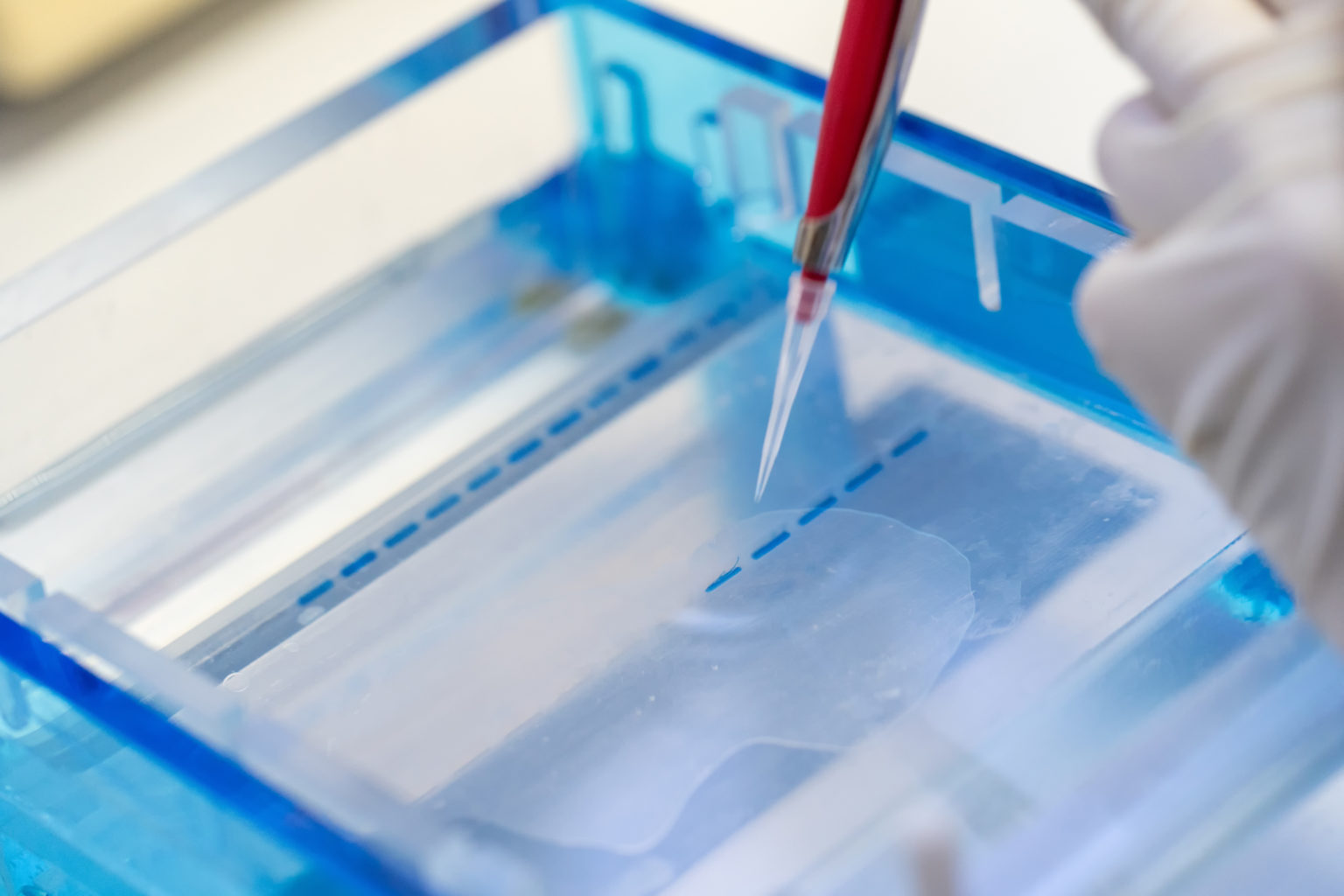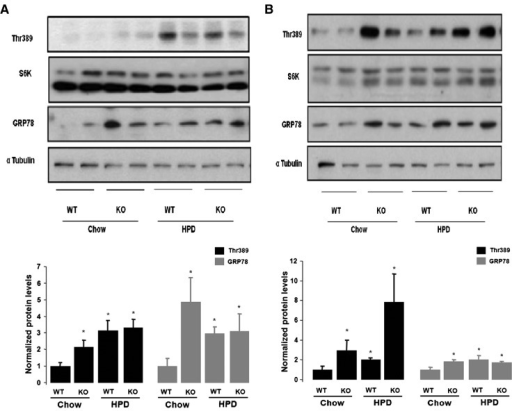

According to the American Sexual Health Association (ASHA), IgM tests can lead to deceptive results, as well as false assumptions about how and when a person acquired HSV.Īll of this tells us that sure, there are some currently available blood tests for herpes that can tell you your status - or give you some idea of it - but they're still far from perfect. The IgM test is still used by some doctors even though it has been denounced by the Centers for Disease Control and Prevention (CDC). "She burst into tears when I explained the significance or lack thereof with this test, which is very misleading." There are two common blood tests used to identify herpes: IgG and IgM. "I had a patient once who underwent this test, which was positive, and was told she has herpes, which to her was devastating and life-altering," Friedman says. There are two common blood tests used to identify herpes - and they're often misleading. He adds that blood tests can be misleading because they usually don't detect the herpes virus itself and instead look at the level of antibodies against the virus, which is merely a sign of immune response to it. are antibody-positive because they have been exposed at some point in their lives, though only a percentage of these individuals will actually get cold sores," says Adam Friedman, the residency program director at the George Washington University School of Medicine & Health Sciences in Washington, D.C. "For HSV-1, close to 100 percent of people in the U.S. Part of the reason they're flawed has to do with the fact that most people have been exposed to HSV-1 or oral herpes.

I realize that's a pretty strong word, but after speaking with doctors who have administered these tests, it's become more and more apparent to me how misunderstood - and in some cases, just plain wrong - the results they give are. The problem is that blood tests for herpes when no lesions or symptoms are present are often bullshit.

If you have zero symptoms, getting tested won't help you. But wait: Did you know that most people are positive for HSV-1, and that most are asymptomatic, meaning they have no symptoms? 1. You're instantly hit with a minefield of emotions, including shame - no surprise, given the decades of stigma surrounding herpes and other STIs. Neither of you has ever experienced symptoms, so when the test comes back and reveals that you're herpes-positive, you're stunned. (Cheers to open communication.) From there, the two of you have blood tests and ask to be screened for STIs, including both types of herpes: herpes simplex virus type 1 (HSV-1), which most commonly causes oral herpes, and herpes simplex virus type 2 (HSV-2), which most commonly leads to genital herpes. You tell them you should both go get tested first and they happily agree. However, low positive Kalon test results should be interpreted with caution as they could reflect early seroconversion or false positive results.Picture this: You've started seeing a new partner and you two feel ready to have sex. The results of Kalon using a cut-off of 1.5 were the most concordant with those of WB for all the approaches tested. Neither rapid assay could be recommended as either a stand-alone assay or as a confirmatory test. Focus Gen 2 offered no improvement in specificity over that of Focus Gen 1. Increasing the positive cut-off value improved the specificity of the Focus Gen 2-84.9% and Kalon to 92.2%. Sensitivity and specificity of tests in this population with a high prevalence of HSV-2 (58% by WB) were: Focus Gen 1: 98.6% and 63.5% Focus Gen 2: 99.3% and 52.3% Biokit: 66% and 90.9% Express: 99.3% and 44.3% and Kalon: 98.6% and 85.7%. A random sample of 250 fishermen from 18 beaches along Lake Victoria underwent serological testing by two generations of the HerpeSelect HSV-2 ELISA ("Focus Gen 1" and "Focus Gen 2"), Kalon HSV-2 ELISA ("Kalon"), Biokit HSV-2 Rapid Test ("Biokit"), and HerpeSelect Express Rapid HSV-2 ("Express") against the Western blot test ("WB") as the "gold standard". This study compared five serological tests with Western blot from University of Washington to determine the most accurate method for detecting antibodies to herpes simplex virus type 2 (HSV-2) in a male population in Kisumu, Kenya.


 0 kommentar(er)
0 kommentar(er)
